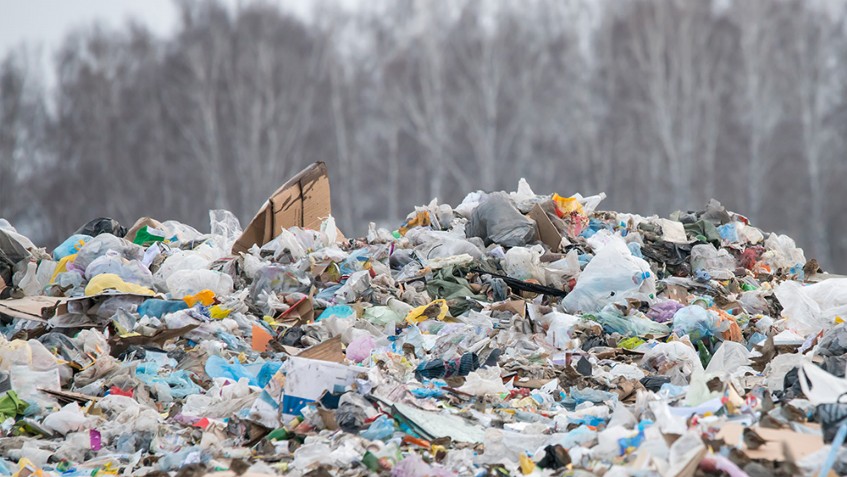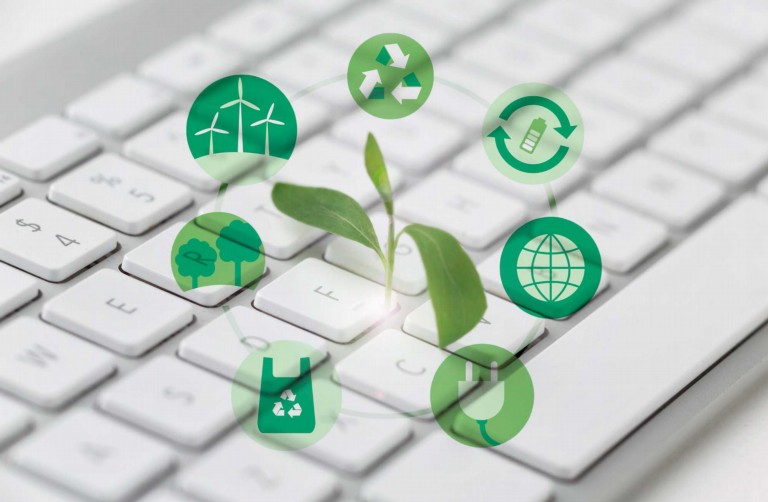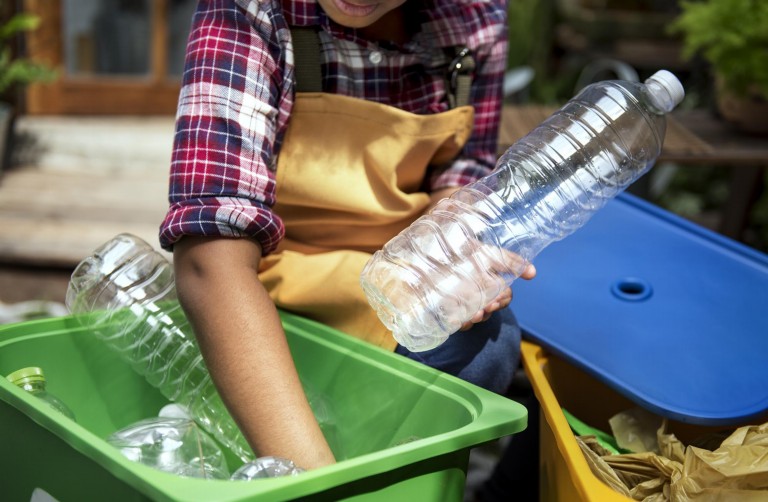
In Brazil, in 2018, 79 million tons of solid urban waste were generated, an increase of just under 1% over the previous year. Of this amount, 92% (72.7 million) were collected - an increase of 1.66% compared to 2017, which shows that the collection increased at a pace slightly higher than the generation. Despite this, 6.3 million tonnes of waste were not collected in the cities.
The data are part of the Panorama of Solid Waste, of the Brazilian Association of Public Cleaning and Special Waste Companies (Abrelpe), launched today (8). Compared with the countries of Latin America, Brazil is the champion of waste generation, representing 40% of the total generated in the region (541 thousand tons / day, according to the UN Environment).
“The figures shown in the panorama place Brazil far below other countries that are at the same level of income as Brazil. Our deficit is very large and we really need urgent measures to not only recover this deficit, but also to move towards better solid waste management practices ”, said the entity's president, Carlos Silva Filho.
Urban solid waste includes household waste and urban cleaning - collected in cities by local services.
The growth trend in the generation of solid urban waste in the country should be maintained in the coming years. Estimates based on the historical series show that Brazil will reach an annual generation of 100 million tons by 2030.
“There is a consolidation in the generation of solid waste, which is not being accompanied in the offer of the necessary infrastructure to deal with all this waste. What we notice is that the generation of waste increases in Brazil, but the proper destination, recycling, recovery, do not keep up with this growth in generation ”, evaluated Silva Filho.
Threatened collection
According to the study, there is a considerable number of people who are not reached by regular door-to-door collection services: 1 in 12 Brazilians does not have regular garbage collection at the door.
In the view of the president of Abrelpe, the lack of resources of the municipalities is one of the reasons. “We have two problems, one is precisely the lack of perception of the importance of proper management of solid waste to protect the environment and to prevent diseases, there is no such clear perception in society and in the Public Power. The second factor, which is more serious, is that, as this service is municipal and the municipalities are heavily indebted, they do not have the resources to finance this entire process, ”laments Silva Filho.
The stagnation or retrogression of some indexes is compounded by the lack of resources destined to finance urban cleaning services, which, in 2018, registered a 1.28% fall in investments, in addition to the loss of almost 5,000 direct / formal jobs. . For the execution of all urban cleaning services, only R $ 10.15 per inhabitant / month was applied by the municipalities, on average.
According to the study, the country uses the landfill as a way of environmentally correct disposal (59.5% of the collected volume). However, more than 3,000 municipalities still dispose of their waste in inappropriate locations.
In 2018, 29.5 million tons of solid urban waste went to controlled dumps or landfills, which do not have a set of systems and measures necessary to protect people's health and the environment from damage and degradation. Considering countries with the same income bracket (middle-high income brackets, according to the World Bank classification), Brazil has much lower rates, since the average for adequate destination in this range of countries is 70%.
Environmental awareness
Abrelpe emphasizes that selective collection is far from universal, and that recycling rates have been stagnant for almost a decade. For the organization, while the world talks about circular economy and more advanced alternatives for disposal / reuse of waste, the country still registers dumps in all regions and needs to deal with a problem of population behavior: the Brazilian is still learning to throw garbage in the garbage and to separate the waste with potential for recycling.
“On the issue of recycling, for it to happen, the first stage starts precisely with the citizen, who needs to be aware of the need to separate the garbage inside the house, to be educated on how to do this separation correctly and the vast majority of society Brazilian people do not have this awareness. As soon as there is no such preparation at home, the entire sequence in the recycling chain ends up being harmed ”, evaluated the president of Abrelpe.
Source: Agência Brasil


